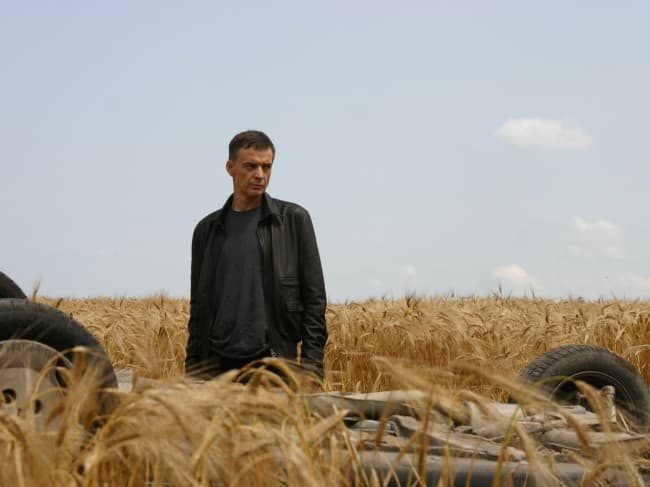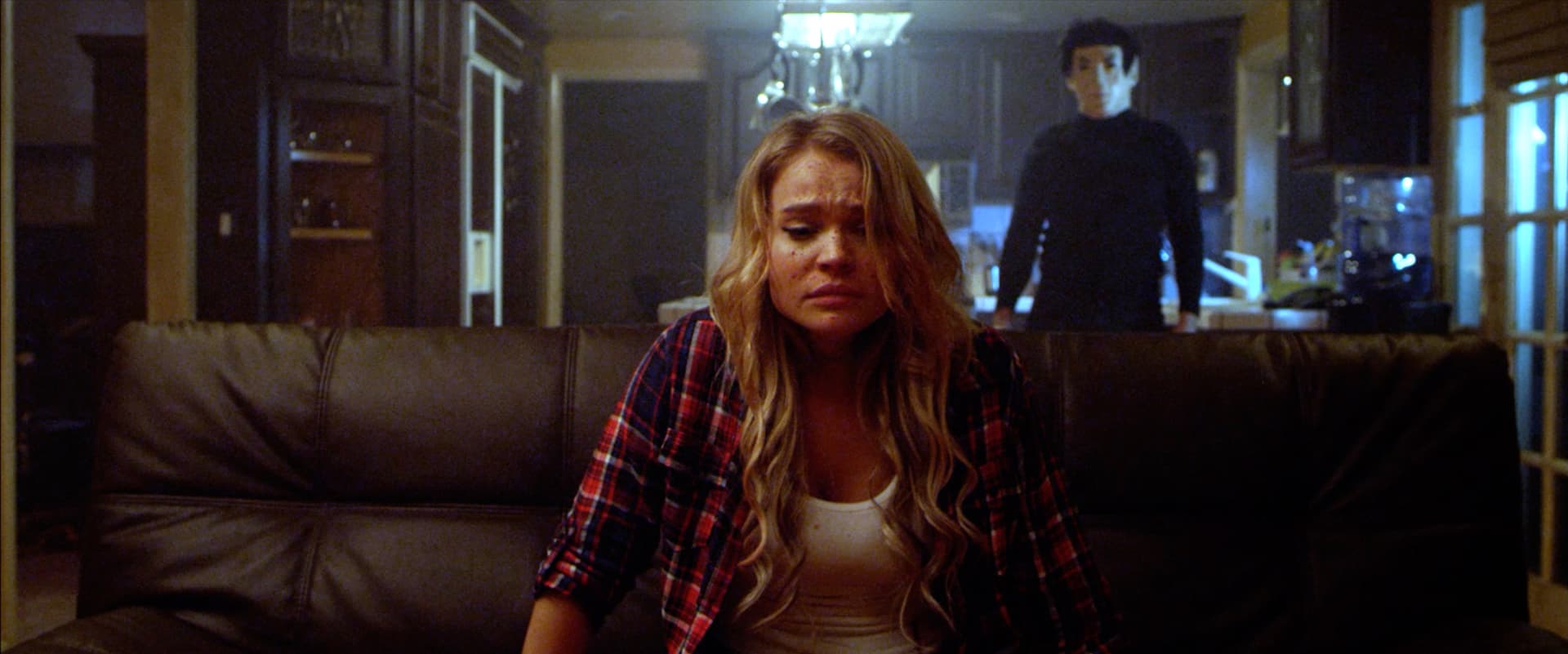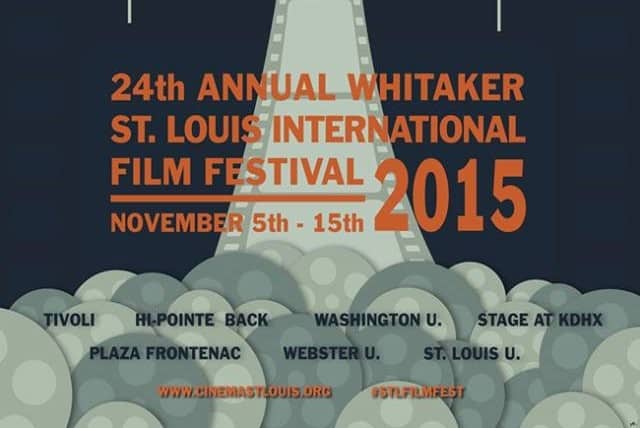
SLIFF ’11 Review: ‘9:06’
Igor Sterk has made a beautiful and complex film about life and death amid a police procedural film. More specifically, the film attempts to analyze how suicide has become such a prominent staple in the director’s home country of Slovenia. Yet how he approaches this topic is the real mystery; which may or may not ultimately be a good thing for some.
After a haunting opening scene that might illuminate the equally haunting ending, we are presented with a police investigation of an apparent suicide. A man parked his car on a bridge before hurling himself over the railing and into the water. The time on the victim’s wrist watch was … you guessed it … 9:06. Dusan (Igor Sambor) is hired to investigate the event. In doing so, he finds himself stepping into the deceased man’s shoes in more ways than one. Living in his place and impersonating him in public are just some of the ways we see their two lives slowly becoming entwined.
9:06 excels in its many quiet and subdued moments. More often than not, director Igor Sterk almost takes a seat back to let the wonderful performance by Sambor and the gorgeous cinematography by Simon Tansek shine forth. Sambor is extremely convincing as a cop who slowly feels like death is all around him. His partner on the squad is slowly killing himself through alcohol, and his estranged wife’s messy and chaotic lifestyle seems to stifle his and his daughter’s every breath. What is he to do but find solace in the life of someone who may have gone through what he might be going through as well. The idea of this is quite strange and is never fully explained. In fact . . . a lot of what is seen or told in 9:06 isn’t fully explained or developed enough to appease those looking for answers. This is both a blessing and a curse for the film. Some may love the ambiguity that surrounds the open-ended dialogue and peculiar actions. I simply wanted something more to make me relate a little to the sad cast of characters. Since we are on the subject of death: Imagine walking into a funeral home. Now pretend you stumbled into the wrong room. You are surrounded by people mourning over a dead body you never met and don’t know. You empathize with their grief but feel left on the outside emotionally. 9:06 makes you feel this same feeling of distance and coldness during the entire film. Since you never really understand the main character’s drive or motivations, you’re left feeling like you should care more for him than you really do.
Thankfully, the gorgeous camera work by Simon Tansek makes up for some of this. His juxtaposition of geometric lines in some shots followed swiftly by more natural, organic surfaces is an interesting dynamic that is both captivating and unsettling. Often he will compose a shot showcasing the lines of a road, train-tracks, or an office building and then cut-to surfaces of water, the ground, or a hay field. This imagery is only enhanced by the masterful piano compositions of the score (some of which are pulled from Beethoven).
Suicide is a complex issue. The filmmakers involved here clearly know this and have instead created a film that leaves more questions than giving answers. 9:06 is frustratingly enigmatic even though Igor Sterk seems to come close to making a statement about death and being reborn. The numbers 9 and 6 parallel one another inferring that the two central characters (the cop and the deceased) are universally interchangeable. However, the point also seems to be that the taking of one’s life is both confusing and unexplainable. In that respect, 9:06 is successful in conveying at least that.



